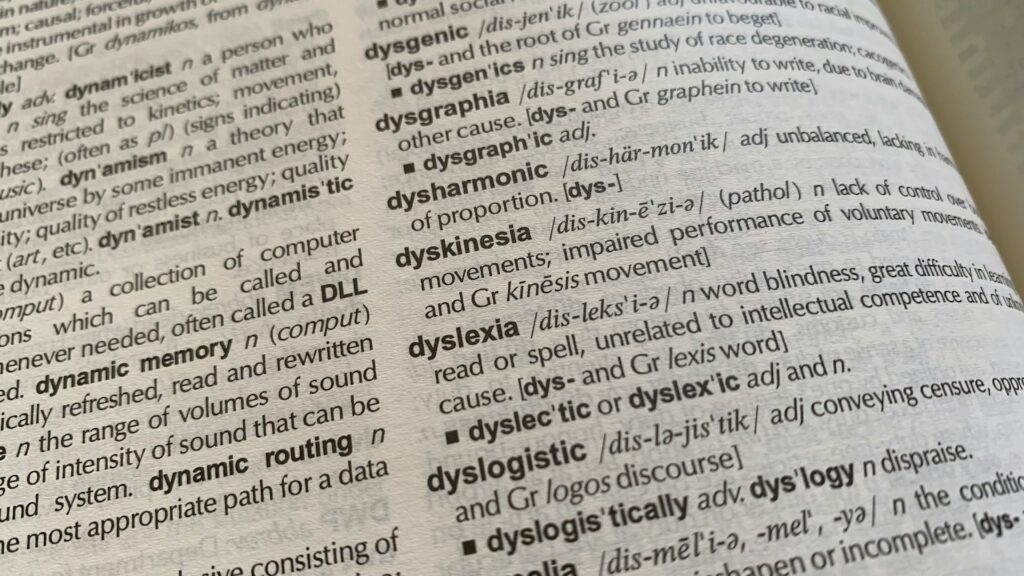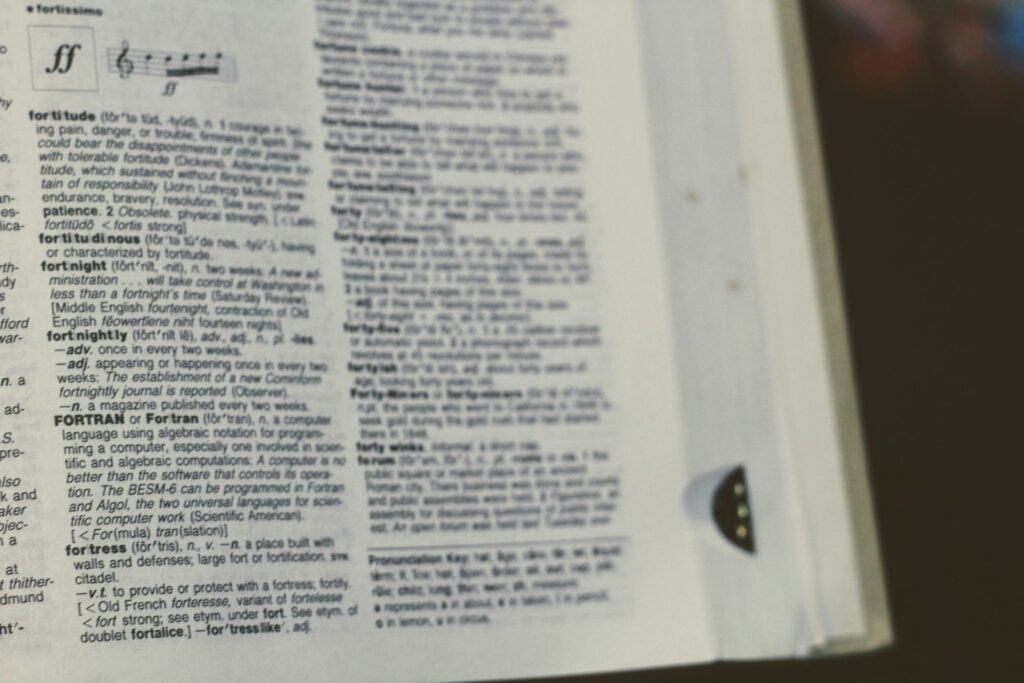Words You Think Are Real But Actually Aren’t
 Unsplash
Unsplash A lot of us are guilty of using words we don’t really know the meaning of to sound smart. However, when we end up using a word that doesn’t actually exist, we end up looking kinda silly and not all that intelligent. Here are some of the worst offenders you need to drop from your vocabulary altogether.
Orientate
 Source: Unsplash
Source: Unsplash
The correct term is “orient,” and it means to align or position yourself in a particular direction. It comes from the Latin word “oriens,” which means “rising” or “east.” So, when you’re trying to find your way, just remember to orient yourself, not orientate yourself. It’s a small difference, but it makes a big impact on how people perceive your intelligence and attention to detail.
Funnest
 Source: Unsplash
Source: Unsplash
“Fun” is an adjective, which means it describes a noun. When you want to compare two things, you use the comparative form, which is “more fun.” And when you want to say something is the most fun out of all the options, you use the superlative form, which is “most fun.” Adding “-est” to “fun” is like trying to fit a square peg into a round hole — it just doesn’t work.
Irregardless
 Source: Unsplash
Source: Unsplash
“Regardless” means “without regard,” so adding “ir-” to the beginning of it is like saying “not without regard,” which is just a convoluted way of saying “with regard.” It’s a common mistake, but it’s one that can make you sound uneducated if you’re not careful. Stick with “regardless,” and you’ll be able to express yourself clearly and concisely.
Supposably
 Source: Unsplash
Source: Unsplash
“Supposedly” means “according to what is assumed or believed,” and it comes from the verb “suppose.” “Supposably,” on the other hand, isn’t a real word at all. It’s like a linguistic unicorn — it sounds magical, but it doesn’t actually exist. If you want to be taken seriously, stick with “supposedly” and leave “supposably” to the amateurs.
Heighth
 Source: Unsplash
Source: Unsplash
“Height” is already a noun, so adding “-th” to the end of it is like putting a hat on top of a hat. It’s redundant and unnecessary. “Height” comes from the Old English word “hiehþu,” which means “highest point or summit.” Over time, the spelling changed to “height,” but the meaning stayed the same. So, when you’re talking about how tall something is, just use “height” and leave the extra “-th” out of it.
Conversate
 Source: Unsplash
Source: Unsplash
“Converse” means “to engage in conversation,” and it comes from the Latin word “conversari,” which means “to live with or keep company with.” Adding “-ate” to the end of “converse” is like trying to make a verb out of a verb — it’s redundant and unnecessary. If you want to have a conversation with someone, just say “converse” or “have a conversation.” It’s simple, clear, and correct.
Preventative
 Source: Unsplash
Source: Unsplash
“Preventive” means “designed to keep something undesirable from occurring,” and it comes from the verb “prevent.” Adding “-ative” to the end of “prevent” is like trying to make an adjective out of an adjective — it’s redundant and unnecessary. Stick with “preventive,” and you’ll be able to express yourself clearly and concisely.
Deliciouse
 Source: Unsplash
Source: Unsplash
“Delicious” is already an adjective, so adding an extra “e” to the end of it is like putting a cherry on top of a cherry. It’s redundant and unnecessary. “Delicious” comes from the Latin word “deliciosus,” which means “delightful or pleasing.” Over time, the spelling changed to “delicious,” but the meaning stayed the same. So, when you’re describing how tasty something is, just use “delicious” and leave the extra “e” out of it.
Sherbert
 Source: Unsplash
Source: Unsplash
“Sherbet” is the real term here, even though people pronounce it with the extra r. It’s confusing and unnecessary. “Sherbet” comes from the Turkish word “şerbet,” which means “a cold, sweetened drink.” Over time, the spelling changed to “sherbet,” but the meaning stayed the same. So, when you’re ordering a frozen treat, just use “sherbet” and leave the extra “r” out of it.
Excetera
 Source: Unsplash
Source: Unsplash
“Et cetera” a Latin phrase that means “and other similar things,” and “excetera” isn’t a real word at all. Combining two words that don’t belong together is like trying to mix oil and water — it just doesn’t work. If you want to express that there are other similar things, just use “et cetera” and leave the made-up words out of it.
Expresso
 Source: Unsplash
Source: Unsplash
“Espresso” is an Italian word that means “pressed out,” and it refers to the way the coffee is made. Adding an “x” to the beginning of it is just weird (and kind of lazy speech). If you want to order a strong, concentrated coffee, just use “espresso” and leave the “x” out of it.
Misunderestimated
 Source: Unsplash
Source: Unsplash
“Underestimate” means “to estimate something to be smaller or less important than it actually is.” Adding “mis-” to the beginning of it is like trying to add a negative to a negative — it just doesn’t work. If you want to express that someone has underestimated something, just use “underestimated” and leave the made-up words out of it.
Brung
 Source: Unsplash
Source: Unsplash
“Bring” is an irregular verb, which means it doesn’t follow the normal rules for conjugation. The past tense of “bring” is “brought,” not “brung.” Using “brung” instead of “brought” is like using “runned” instead of “ran” — it’s just not correct. If you want to express that someone brought something in the past, just use “brought” and leave the made-up words out of it.
Prolly
 Source: Unsplash
Source: Unsplash
“Prolly” is a word that people use when they’re trying to say “probably,” but they’re too lazy to type out the whole word. “Probably” means “most likely,” and it comes from the Latin word “probabilis,” which means “worthy of approval.” Shortening it to “prolly” is like trying to take a shortcut through a maze — it might seem like a good idea at the time, but it’s just going to lead you astray. If you want to express that something is likely, just use “probably” and take the time to spell it out.





